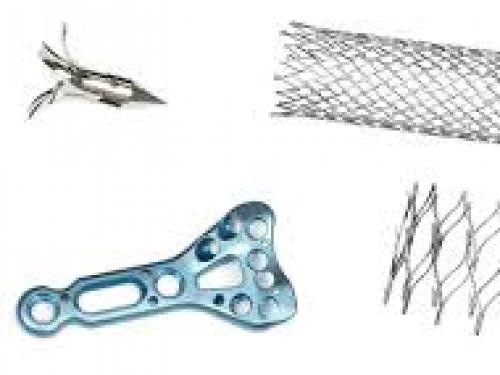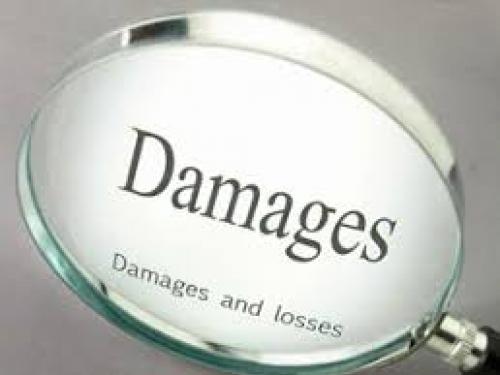Medical devices, such as pacemakers and hip replacements, have the potential to prolong life, restore mobility, prevent illness and heal a wide variety of injuries. But when those devices malfunction or fail, they may cause injuries that are far more debilitating than the condition they were intended to cure.

To prevent dangerous or ineffective medical products from harming the public, medical device manufacturers are subject to strict rules and regulations. If a manufacturer failed in its duty to provide a safe medical device, and a person is injured as a result, it is possible to recover financial compensation (damages) from the device manufacturer.

WHAT IS A MEDICAL DEVICE?
Medical device manufacturers are governed at the federal level by the U.S. Food & Drug Administration (FDA) Center for Devices and Radiological Health. The FDA defines a medical device as something that:
- Is “intended for use in the diagnosis of disease or other conditions, or in the cure, mitigation, treatment, or prevention of disease…”; and
- Is “intended to affect the structure or any function of the body…”; and
- “[D]oes not achieve its primary intended purposes through chemical action within or on the body…" (This last point differentiates medical devices from drugs, which are regulated by a different branch of the FDA.)
Medical devices include things that are implanted in the body, such as hip or knee replacement, heart defibrillators, pacemakers, IVC filters, insulin pumps, heart stents, cosmetic implants and transvaginal mesh.

RESPONSIBILITIES OF DEVICE MANUFACTURERS
Because of the potentially devastating consequences of poorly designed or poorly made medical devices, manufacturers are subject to strict rules and regulations. Failure to meet those strict standards could be the basis for a product liability lawsuit against the device manufacturer.
The goal of a product liability lawsuit is to hold a medical device manufacturer financially responsible (liable) for injuries or loss of life that occurred due to a defective medical device.
Manufacturers can potentially be found liable for a number of different types of medical device defects, including:
- Design - If the device was improperly designed and the design flaw resulted in injuries, the manufacturer could potentially be found liable for resulting injuries.
- Testing - Medical devices must be thoroughly tested. If a medical device company performed inadequate testing--or, worse, if it hid negative test results--it can potentially be found liable for resulting injuries.
- Manufacturing - A manufacturer can potentially be found liable for injuries resulting from a manufacturing defect.
- Warnings - Device manufacturers are also required to provide warnings about potential hazards, side effects or dangers associated with using their devices.

DAMAGES IN DEFECTIVE MEDICAL DEVICE CASES
Patients may experience tremendous pain and suffering due to a defective medical device. They may be forced to go through multiple surgical procedures to repair or replace a defective device. They may miss work due to their injuries or become permanently unable to work due to their injuries. Defective medical devices can even result in wrongful death.
If a manufacturer is found to be responsible for injuries or loss of life, the injured person or surviving family members may be able to recover damages. Damages include compensation for financial losses such as medical expenses and lost wages. Damages also include compensation for things like pain and suffering, fear and anxiety, mental anguish, loss of enjoyment of life and reduced quality of life.
